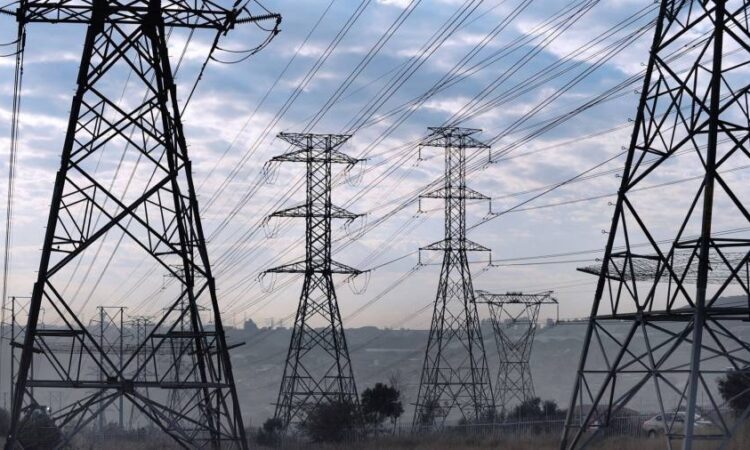
EU countries have failed to approve a crucial overhaul of the bloc’s energy market because of disagreements between France and Germany on state aid for power producers.
Energy ministers meeting in Luxembourg on Monday were due to find a common position on a reform of the EU electricity market that would pave the way for the uptake of cleaner power and prevent the price volatility prompted by cuts to the bloc’s gas supply by Russia last year.
But after several hours of negotiation, Paris and Berlin remained at loggerheads over whether state-backed contracts that ensure that electricity producers only charge a set price for power and return additional profits should be applied to existing operators — a move that would allow France to subsidise its nuclear fleet more easily.
Ebba Busch, Sweden’s energy minister, who chaired the meeting said that it was a “technical and difficult discussion” and that final approval would now be left to EU ambassadors, which she hoped would be given by the end of June. She urged member states to not “try and block each other’s power production out”.
France has made an increasingly concerted push for assurances for nuclear power across several EU laws over the past year, arguing that it is a key energy source for the transition and should be recognised alongside renewable energy.
Last week, Paris secured a declaration from the European Commission that acknowledged “other sources of fossil-free energy” after it withdrew its support for the bloc’s overarching targets for renewable power.
But Germany, along with member states including Austria and Luxembourg, has opposed the push saying that allowances for atomic power risk pulling crucial funding away from wind, solar and other renewable energy generators.
Smaller member states fear that giving France an ability to provide greater subsidies to its nuclear industry will allow it to guarantee cheaper electricity tariffs for its industry and put it at a competitive advantage.
Talks had been constructive despite the failure to finalise a compromise and a deal could come in the coming days, a French official said late on Monday.
France wants to extend the lifespan of some existing reactors to at least 50 years if possible, while building new ones, one of the reasons it is arguing for current ones to be covered by the state-backed contracts.
“The aim is to treat a new asset and one whose lifespan might have been extended in the same way,” the French official said.
“For the nuclear part, I think everyone understands the importance of lifetime expansion in some countries. But we also have to safeguard a level playing field within the EU,” Rob Jetten, the Netherlands’ minister for climate and energy policy, told the Financial Times.
Speaking to her fellow ministers in the morning, Agnès Pannier-Runacher, France’s energy minister, said that it was important not to limit state-backed support for energy producers too strictly otherwise it could “endanger the objective of security of supply and of protecting consumers”.
The clash between France and Germany is the latest in a series of fractures in the relationship between the EU’s two largest member states, which have stretched from defence to industrial policy.
Ministers did, however, manage to approve a directive to prevent market manipulation in the energy sector and came to a provisional agreement on measures to protect consumers from volatile prices.
A provision to allow limited subsidies to coal power plants at Poland’s request remains an outstanding issue that will be left to ambassadors to discuss.
Additional reporting by Sarah White in Paris






